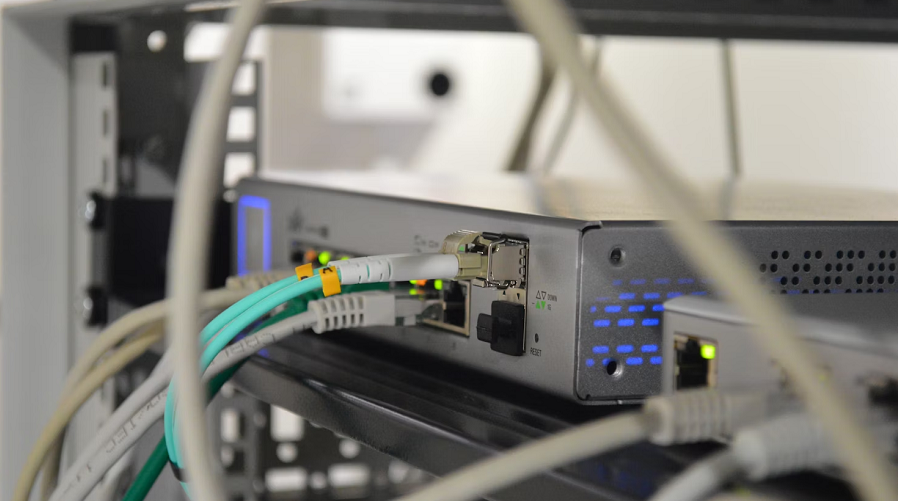 INFRA
INFRA
 INFRA
INFRA
 INFRA
INFRA
Startup OpsMill today launched Infrahub, a new open-source platform designed to help enterprises manage their network configuration data.
Paris-based OpsMill is led by Chief Executive Officer Damien Garros and Chief Operating Officer Raphael Maunier. Maunier previously co-founded infrastructure company France-IX, which operates facilities that internet providers use to transfer data traffic between their networks. OpsMill has raised an undisclosed amount of funding from Serena Capital, Partech, OVNI Capital and other backers.
Information technology teams keep a record of how their company’s network is configured. An administrator might, for example, create a spreadsheet that describes how a certain switch’s settings are currently set up and why they were configured in that manner. This information eases tasks such as troubleshooting technical issues.
Configuration data is often scattered across a large number of spreadsheets, databases and other systems. This makes the information difficult to manage, which complicates IT teams’ work. There are also other challenges: the systems that administrators use to store network configuration information often weren’t designed to store hold such data, which creates usability issues.
“I’ve spent years building automation systems for infrastructure and network management across a variety of organizations,” Garros said. “At every stop, I encountered the same challenges: Managing network and cloud infrastructure required the use of a confusing, cumbersome, costly mix of solutions. These tools were always hampered by serious technical limitations, such as inflexible data models.”
OpsMill’s newly introduced Infrahub platform is designed to address those challenges. According to the company, it enables administrators to store all their network configuration files and related technical data in a centralized repository. A graphical user interface makes make possible to quickly surface specific records.
Under the hood, Infrahub keeps network information in a graph database. That’s a type of database optimized to describe relationships between objects. Infrahub uses this capability to provide detailed information about the relationships between network assets, such as how the switches and routers in a data center interact with one another.
OpsMill says the ability to store network configuration data in a centralized location eases IT teams’ day-to-day work. When administrators detect a router configuration issue, they can use Infrahub to access technical data about the malfunctioning device quickly. Cybersecurity teams, in turn, can check that cybersecurity systems such as the network firewall are set up correctly.
The ability to access up-to-date information about a network’s configuration quickly also simplifies the task of making infrastructure changes. According to OpsMill, its platform provides integrations with infrastructure automation tools such as Ansible. Using those tools, administrators can automatically implement network changes based on instructions and configuration information stored in Infrahub.
The platform is capable of testing configuration updates for potential bugs before they’re released. When administrators update a set of network configuration files, they must typically test the entire file collection for potential issues. Infrahub only checks the specific records that were modified, which speeds up update rollouts.
Infrahub is currently available in open beta. OpsMill plans to monetize the software by offering a paid, managed version that will be delivered as a cloud service.
Support our mission to keep content open and free by engaging with theCUBE community. Join theCUBE’s Alumni Trust Network, where technology leaders connect, share intelligence and create opportunities.
Founded by tech visionaries John Furrier and Dave Vellante, SiliconANGLE Media has built a dynamic ecosystem of industry-leading digital media brands that reach 15+ million elite tech professionals. Our new proprietary theCUBE AI Video Cloud is breaking ground in audience interaction, leveraging theCUBEai.com neural network to help technology companies make data-driven decisions and stay at the forefront of industry conversations.